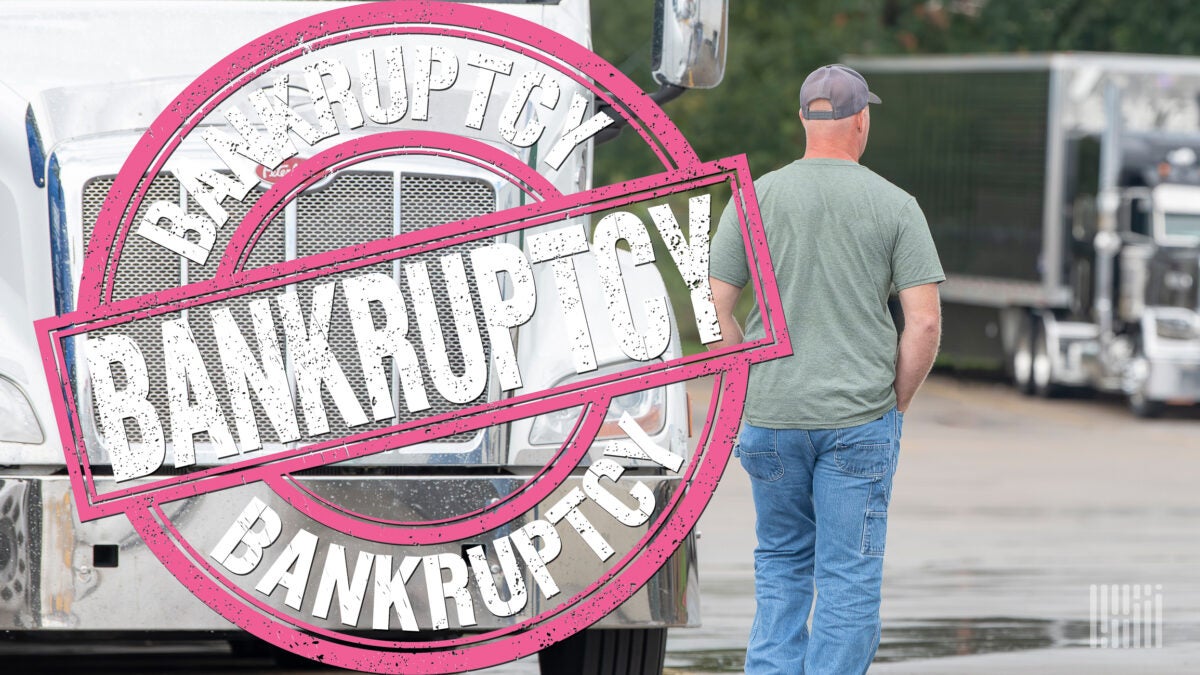Wheels of Uncertainty: Major California Trucking Firm Seeks Bankruptcy Shelter

In a challenging turn of events, a California-based trucking company specializing in earthwork, excavation, and demolition services has sought Chapter 11 bankruptcy protection. The company, along with its affiliated business, cited significant cash flow challenges stemming from a default on their factoring agreement as the primary catalyst for their financial restructuring.
The bankruptcy filing highlights the ongoing financial pressures facing specialized trucking and service-based businesses in today's competitive marketplace. By seeking bankruptcy protection, the company aims to stabilize its financial position and potentially negotiate more favorable terms with creditors.
Factoring agreements, which typically involve selling accounts receivable to a third party for immediate cash, can be a critical lifeline for businesses with irregular cash flows. However, defaulting on such agreements can quickly escalate into more serious financial complications, as demonstrated by this particular case.
While the specific details of the company's financial struggles remain confidential, the bankruptcy filing represents a strategic move to address mounting economic challenges and potentially restructure their operational framework.

